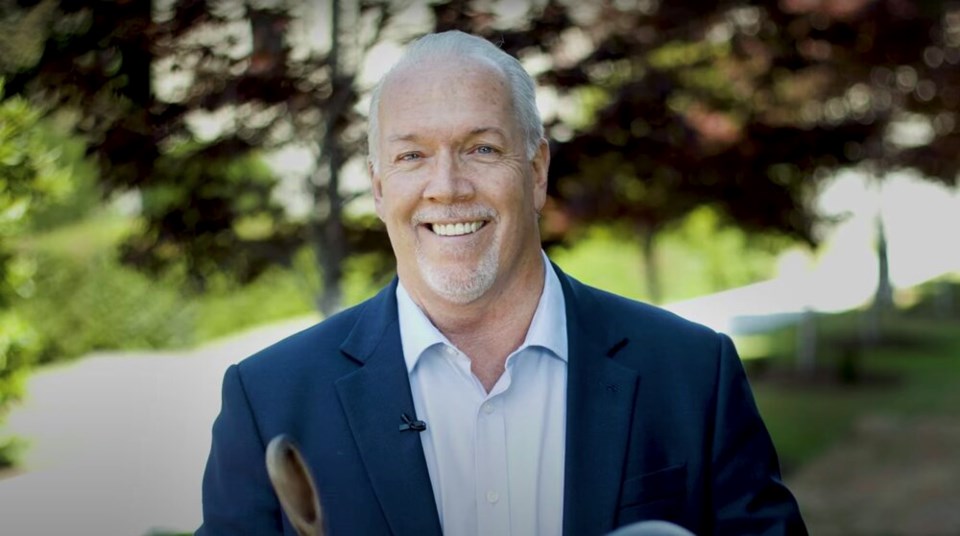When John Horgan departs the Premier’s Office for the last time a few months from now, B.C. will say goodbye to one of that office’s most successful occupants.
Few of his predecessors can point to as long a list of accomplishments as well as an enduring ability to remain popular with the general public, even as controversies inevitably pile up at the door.
Horgan has just entered his sixth year in office, an achievement that seemed very doubtful (to myself and to many other political observers) on the night of the 2017 provincial election, when the B.C. Liberals ended up winning the most seats but not enough to form a majority government.
After forging a non-aggression pact with Green Party leader Andrew Weaver, Horgan was able to secure his own de facto majority, and turned it into a robust one free of the need to co-operate with the Greens with a decisive and historic election victory in 2020.
While there has been the occasional misstep, Horgan has run a largely problem-free government almost since Day 1 of taking office.
Aided no doubt by an unprecedented global pandemic that saw citizens everywhere look at government through an appreciative lens, Horgan has been able to consistently display the attribute that pretty much all political leaders in a democracy strive for: the common touch.
He earned the nickname “Premier Dad” for his knack of simultaneously doling out helpful advice while at the same time chiding those guilty of misbehavior or not following the “rules” that came with living in a pandemic.
His personal popularity grew over time (although it slipped a bit in the last opinion poll), which is an almost unheard of accomplishment for a B.C. premier.
Aside from a deft personal touch, one of his key strengths was to steer his government largely down the political middle with a touch of progressive populism thrown in from time to time.
Getting rid of the tolls on two Fraser River bridges at the start of the first mandate was a deft and effective move. So was eliminating medical service plan premiums.
Overhauling ICBC almost overnight meant lower car insurance rates and even rebates to motorists to the tune of hundreds of dollars.
His decision to green-light both the continued construction of the Site C dam and the LNG Canada project put his government firmly on the side of industrial development and against the environmental activist wing of his party.
Horgan’s decision to not only embrace the United Nations Declaration on the Rights of Indigenous Peoples but to enshrine it into law may well be the most far-reaching decision by any government in B.C. history. The implications of that decision will last generations.
His election win in 2020 altered the political landscape, as the NDP won in communities they were long shut out of: Langley, Abbotsford, Chilliwack and Richmond. If the wins in those ridings prove to not be one-time events, it will be very difficult to displace the NDP in government.
Finally, he will be long remembered for not only leading the province through a gut-wrenching pandemic but for doing it in a style that delegated so much decision-making to those around him, rather than making it all about him.
Popular, historic and lasting: those are three terms to describe what will be John Horgan’s legacy from his time in office.
His eventual successor (to be chosen this fall) would do well to emulate what I call Horgan’s “progressive centrism.”
It is a winning formula.
Keith Baldrey is chief political reporter for Global BC




